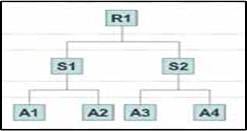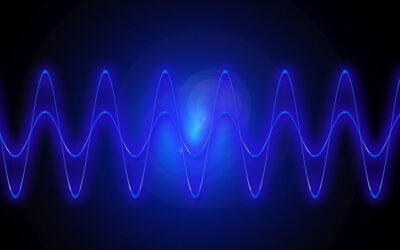 Hydrogen and external electron donors strongly impact the microstructure of polypropylene made with Ziegler–Natta catalysts. While hydrogen controls the molecular weight distribution (MWD), external electron donors alter the stereoselectivity or tacticity of polypropylene. MWD and tacticity are important microstructural properties that determine the final application of the polymer. Previous studies of the polymerization kinetics of propylene with a 4th generation Ziegler–Natta catalyst revealed that the presence of hydrogen and electron donors alter the balance of the active site types on the catalyst.
Hydrogen and external electron donors strongly impact the microstructure of polypropylene made with Ziegler–Natta catalysts. While hydrogen controls the molecular weight distribution (MWD), external electron donors alter the stereoselectivity or tacticity of polypropylene. MWD and tacticity are important microstructural properties that determine the final application of the polymer. Previous studies of the polymerization kinetics of propylene with a 4th generation Ziegler–Natta catalyst revealed that the presence of hydrogen and electron donors alter the balance of the active site types on the catalyst.
This time João B. P. Soares and co-authors investigate the effect of hydrogen and/or electron donor on the microstructure of polypropylene. The investigation methods used include gel permeation chromatography (GPC), 13C NMR, crystallization elution fractionation, and differential scanning calorimetry. They analyze four polymerization sets according to the presence/absence of both hydrogen and electron donor, or the presence of simply one of the parameters at two polymerization temperatures. The broad MWD, typical for polypropylenes polymerized with heterogeneous Ziegler–Natta catalysts, was analyzed by GPC and deconvoluted into several Flory’s most probable distributions. The authors revealed that adding external donors as well as hydrogen as a chain transfer agent increase the tacticity and crystallinity of polypropylene. Moreover, the addition of hydrogen led to slightly lower stereoselectivity and crystallizability for polypropylene produced at 70 °C.
The combination of experimental techniques used in this study turns out as a powerful tool for polypropylene microstructure investigations and could be applied to even more complex systems.
This article is part of the special Best of Macros 2013 issue, and is now free to read at http://www.best-of-macros.de!

















